Dynasty Warriors: Origins makes some major changes to the Dynasty Warriors series, though I must confess some of them were lost on me. I’m not a loyal die-hard who has maxed out every game out there, but a more casual fan who has dabbled in the past. As a result, these changes were never going to excite, nor disappoint me. They simply were. This meant I could review the game as it was, not as a proxy for my hopes or fears for the direction of Dynasty Warriors going forward. And with that, I’d have to say Origins is pretty good.
You play as the Wanderer, a noble warrior suffering from amnesia. Though a bit of a narrative cliche, this does offer two interesting elements. First, it means there is an individual story you discover alongside the overarching war for China narrative, and second, it allows you to choose your own path. Since you (unlike most characters in the game) aren’t based on a real person, you can choose which of the three factions you will serve in the war. This element of choice continues throughout the game, but is not without its consequences.
Dynasty Warriors: Origins Has Excellent Combat
The best example of this is in the combat system – though you start with just a sword at your disposal, you eventually grow this out to a nine-weapon strong arsenal. Easily the game’s brightest spark, these weapons each feel different in weight, reach, and speed, and maybe go some way to replicating the character variety of previous entries. Add in the customisation afforded by your special attack Battle Arts, and you have complete control over how you want to fight.
I favoured the wheels, bladed discs you throw around the battlefield, because they grew stronger if attacks were timed so they began precisely as the last one ended. But the twin pikes, which carve through crowds, the staff, which lets you stand and deliver, and the trusty sword, for maximum mobility and that classic feel, could all have been the only weapon in the game and I’d have been fine with that.
This blend of weaponry and attack styles will help in the variety of combat scenarios you find yourself in. There are the narrative missions, which are larger, longer affairs that see you fight to take control of the map, but also side quests which can include escorting weaker characters, taking bases, or hunting down specific enemies. Within these, you can either take on huge hordes or target generals with bigger health bars, even unlocking one-on-one duels to partake in. But there’s not quite enough variety to sustain it.
But The Rest Of The Game Can’t Match Up
It took me 50 hours to beat Dynasty Warriors: Origins, which is only slightly longer than average when you factor in all of the side grinds to get my character in tip top shape. However, even with just one playable character (though there are a handful who accompany you into battle), the game fails to offer much depth to him, instead making him a passive observer to a complex path of history Origins does not seem able to walk with just one perspective at its disposal. The New Game Plus function that allows replayability at key points does make it breezier on replays to see different outcomes at least.
In between battles, we get long and often laborious cutscenes of generals discussing tactics, many of whom (in the English dub) cannot agree on how to pronounce Cao Cao, maybe the most important character in the game. Allegiances change in an instant, and while some are framed as betrayals on the battlefield, others drift in and out of focus as the plot dictates with little rhyme or reason. There’s a lot of narrative for a game that doesn’t put much stock in it.
The justification offered for this messy plot is that it really happened. But then, for a story so caught up on replicating history, a lot of it seems brainless. First there is this litany of side quests which are narratively bland and quickly grow repetitive, but some would argue the point of Musou games is the carnage that repeats over and over. Many will simply enjoy the range of weapons and name this one of the best games of the year. But it’s too flat in every other area to be worthy of this consideration.
Dynasty Warriors: Origins Doesn’t Earn Its Stakes
For example, you get ‘training’ quests, which are usually things like ‘200 kills with X weapon’. Many times I completed training given to me by someone while I was actively fighting against their army, and still netted my rewards. Once I had to win three duels and the third was a decisive victory against the character who gave me the task, who later returned to our cause with little said about it. Sometimes these are training battles, but the characters don’t respond as if they were, further confusing the issue.
The first chapter of the campaign emphasises your personal relationships with the volunteer force, but when you fight them later, all you get are some canned lines about the battle being glorious. There’s nothing that hooks onto this more intimate perspective, despite playing as a sole hero this time.
These canned lines are another bugbear. Plenty of times I would defeat an enemy only to have them kneel sadly on the battlefield while the fight continued. I would be told that ‘Victory Conditions have changed’, but all I could think was that I had massive discs covered in razor blades and the enemy general at my mercy. I could end this war with one blow, couldn’t I?
For a game so committed to walking you through the historical landscape, there’s not much commitment to immersion. As well as these moments, you’re given freedom in battle (hence ‘Wanderer’) but with specific tasks (like Protect Cao Cao). While I’m aware that part of the formula is balancing tactical warfare, it’s eminently frustrating when you’re winning a bout against the central foe of the mission only to lose because a nameless Brave General forced Cao Cao to retreat. The Musou genre has always been victim to immersion breaking flaws like this, and it’s a shame an experimental entry like Origins wasn’t able to remedy them.
To that end, it’s a horrendous design decision to have this fail condition be listed as ‘retreat’ rather than ‘death’. The mission fails anyway, so at least let me think my companion has fought until the last rather than giving up. Then again, many times it seems as if you have killed generals on the other side of the war only to have them come back next mission, so maybe nothing matters.
There’s some fantastic action combat with an array of weaponry in Dynasty Warriors: Origins, and for some people, that will be enough. But as the game pivots to a more narrative focus, it only exposes its shortcomings, and feels too repetitive and inconsequential to sustain its own story.
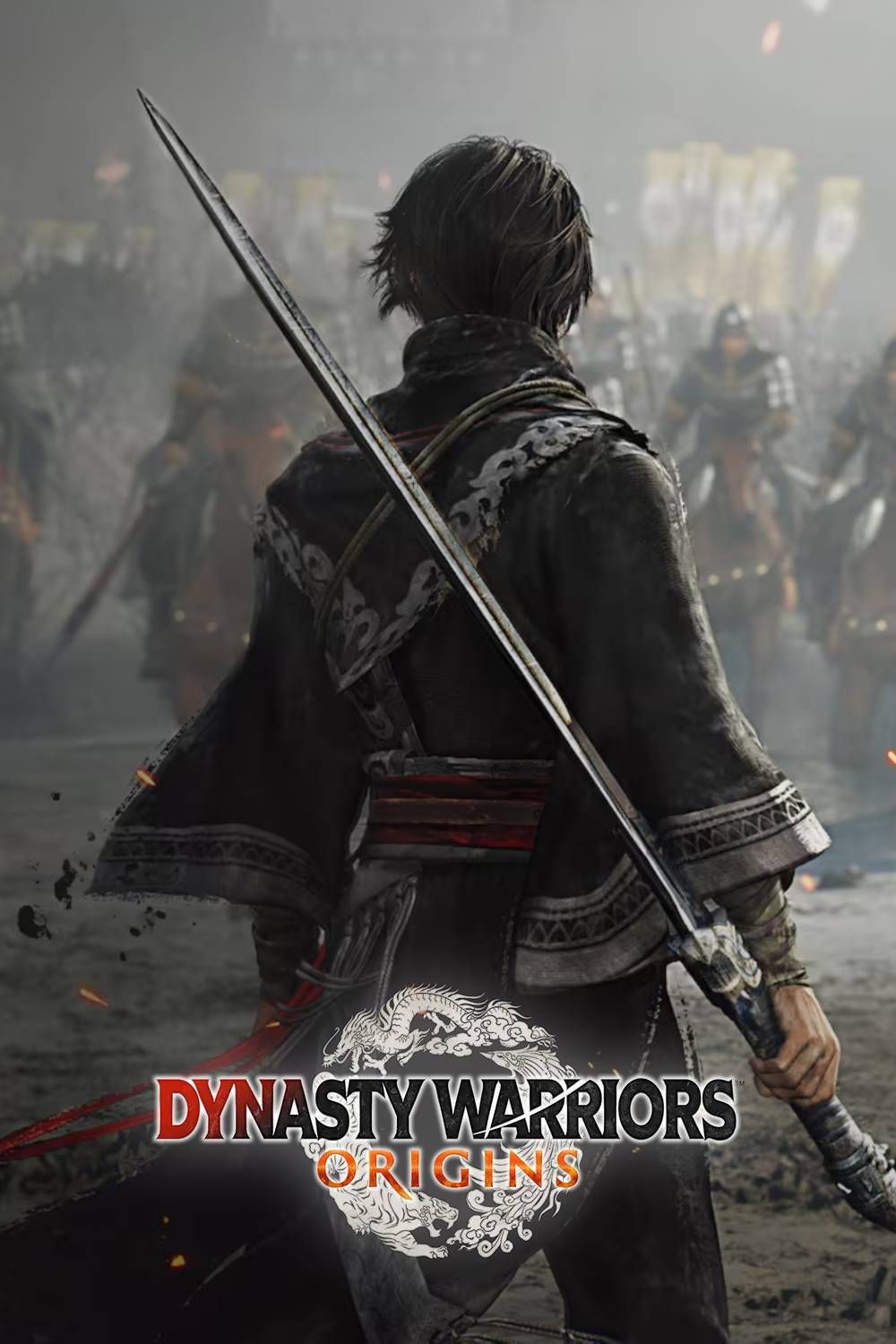
Reviewed on Xbox Series S
- Released
-
January 17, 2025
- Developer(s)
-
Omega Force
- Fantastic combat
- Huge scope
- Large range of attacks and weaponry
- Messy narrative
- Central character feels dull
- Missions can quickly grow repetitive and frustrating
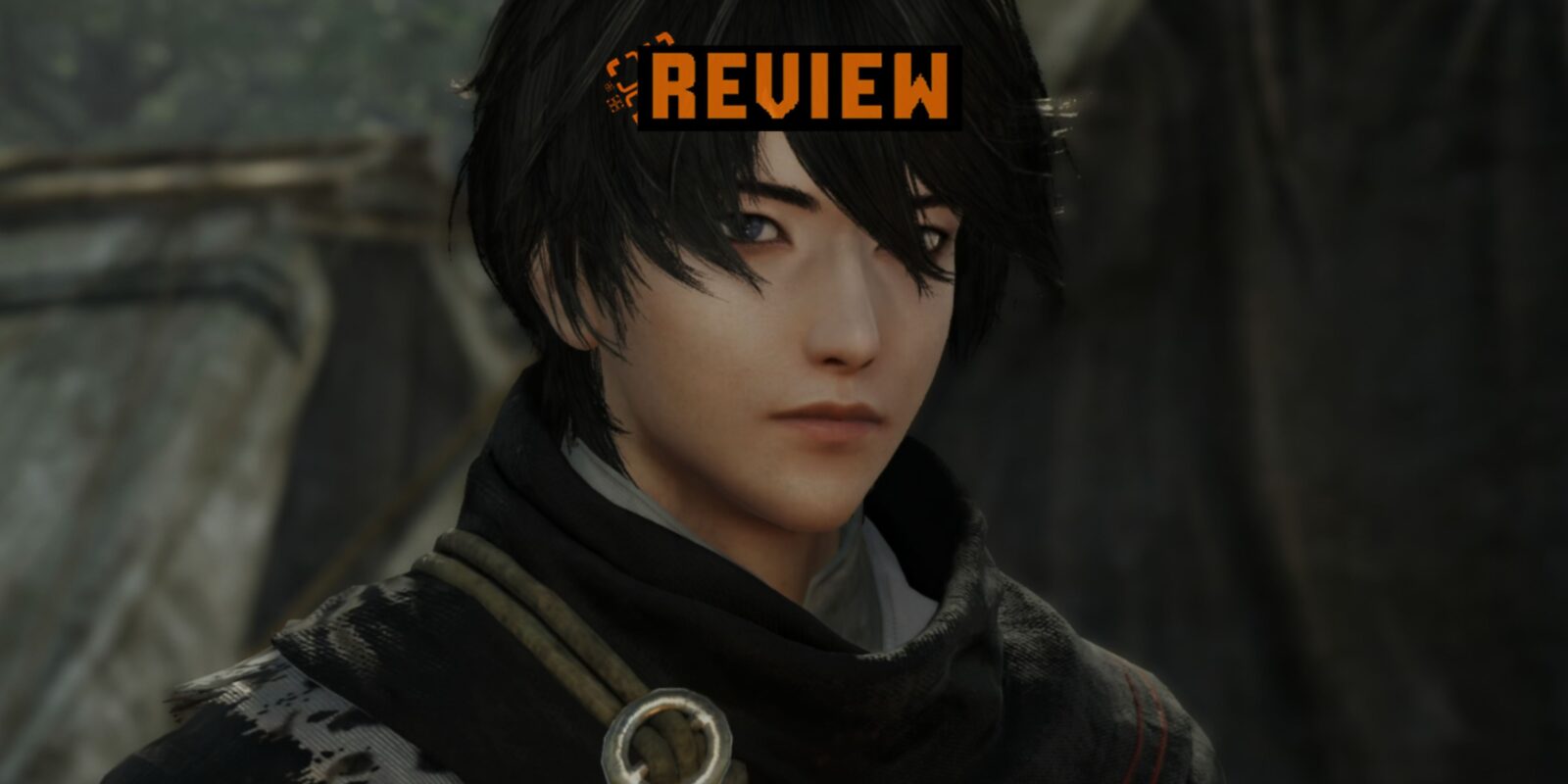

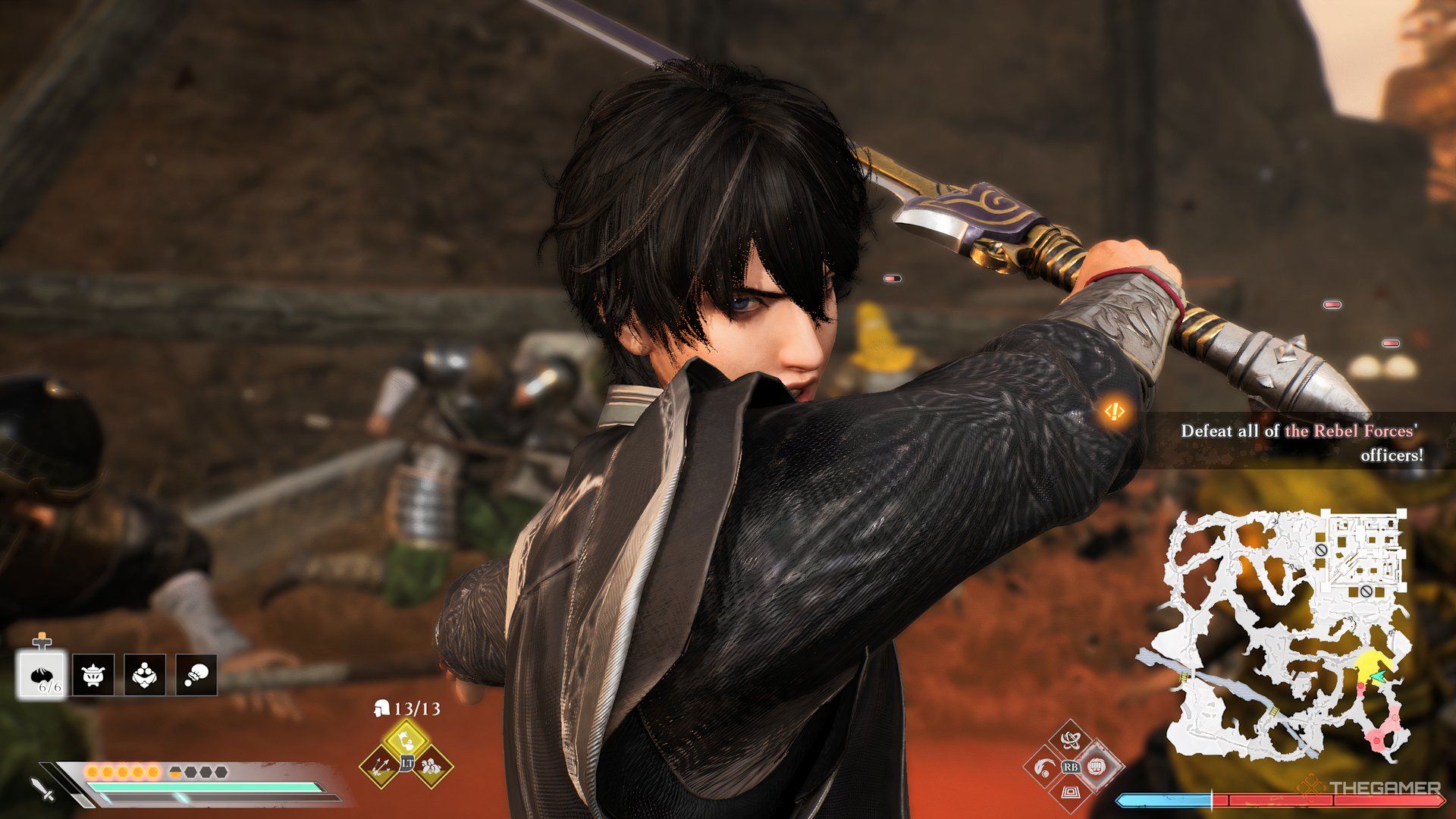
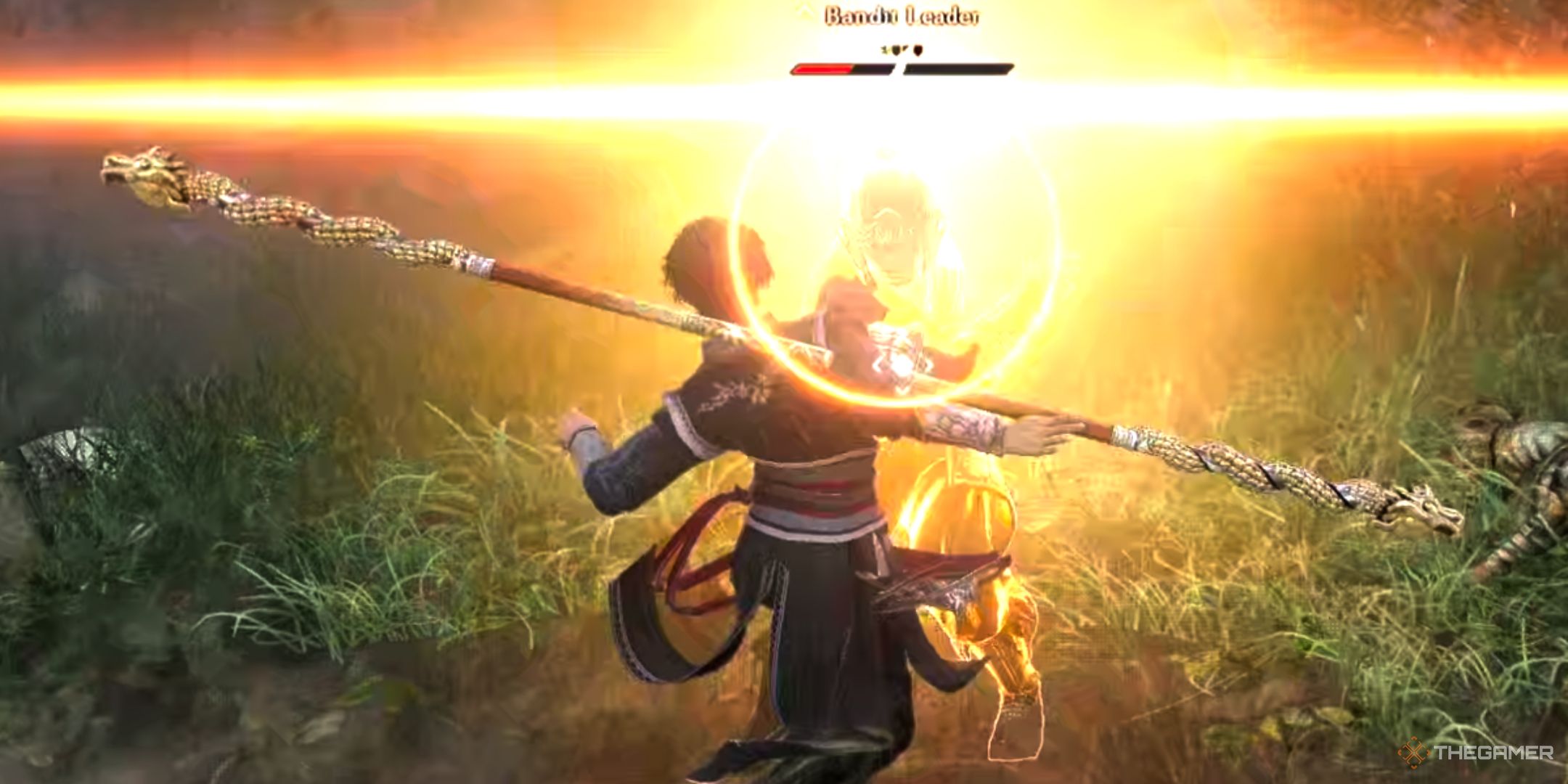
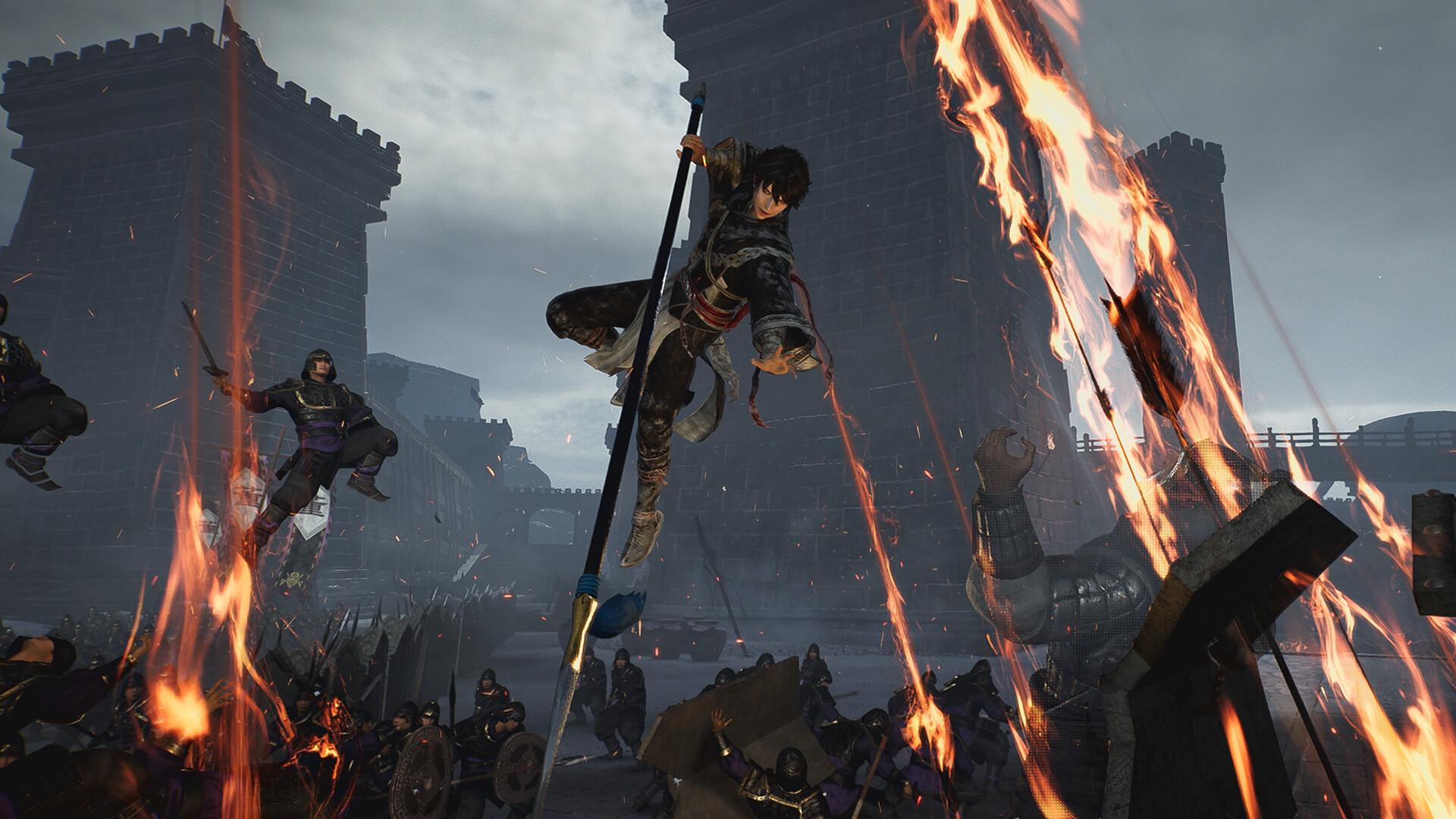





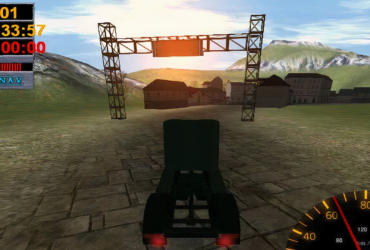
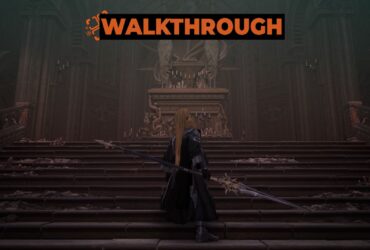


Leave a Reply